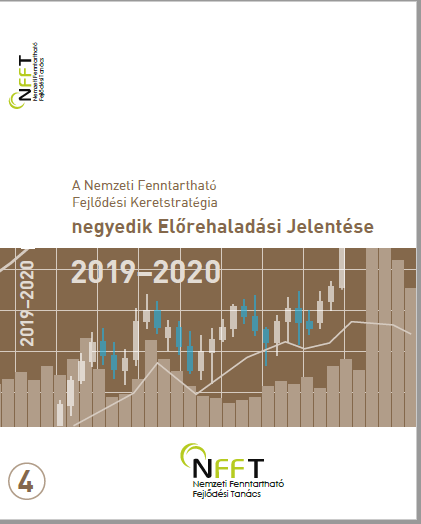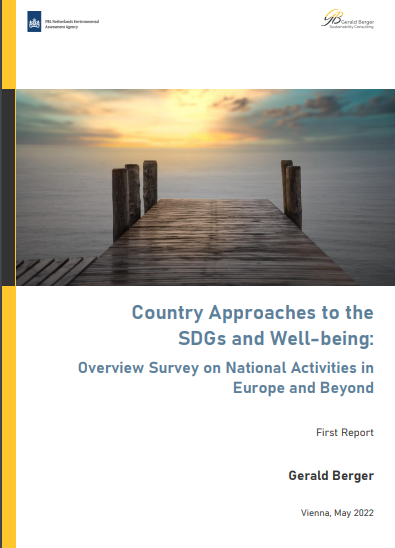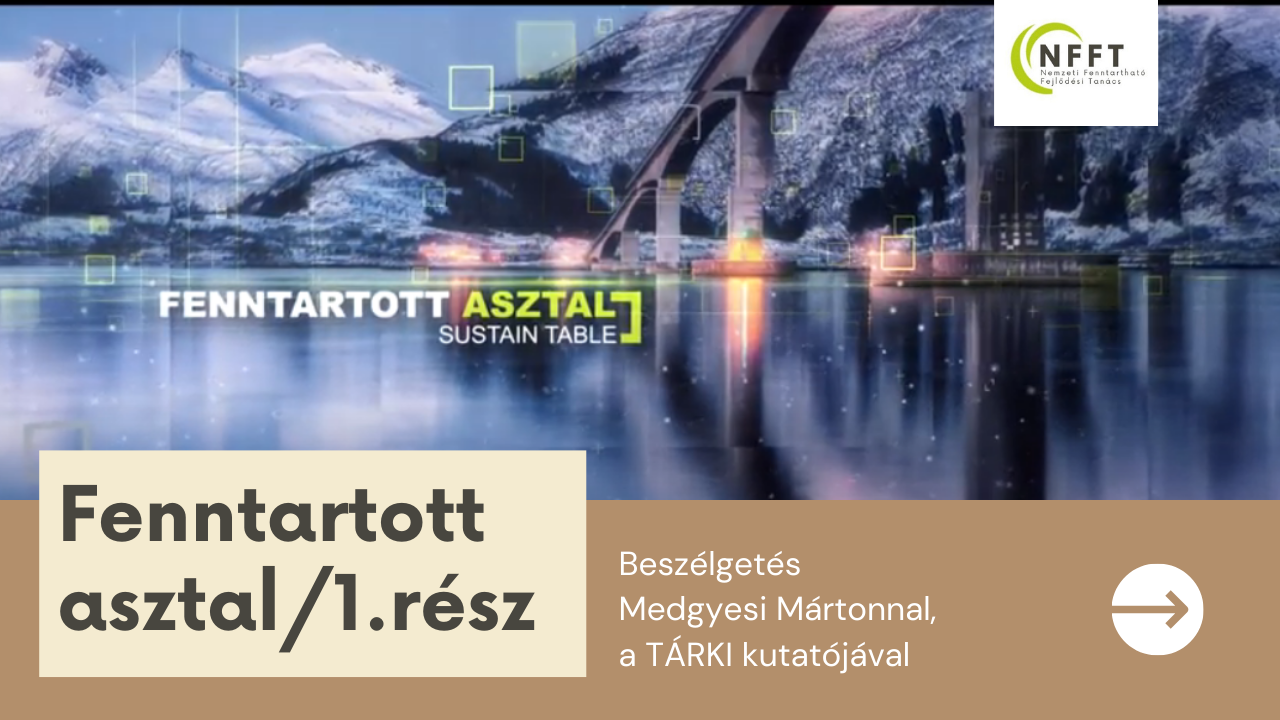Hírek - NFFT
A Nemzeti Fenntartható Fejlődési Tanács 2017. évi harmadik tanácsülésére szeptember 28-án, csütörtökön, 10 órai kezdettel a Parlament felújított Delegációs termében került sor. Az ülés napirendjén egy téma szerepelt:
A Nemzeti Fenntartható Fejlődési Keretstratégia második előrehaladási jelentése (2015-16) szövegtervezetének vitája
Ecosystem services provided by natural resources are direct and indirect benefits for society, produced by natural and human-regulated ecosystems. Amongst the benefits are provisioning services (food, animal feed, raw material), natural cycle regulating services (climate stabilization, pollination, flood control), supporting services (nutrient cycling, soil formation), and cultural services (recreation, education, art inspiration).








